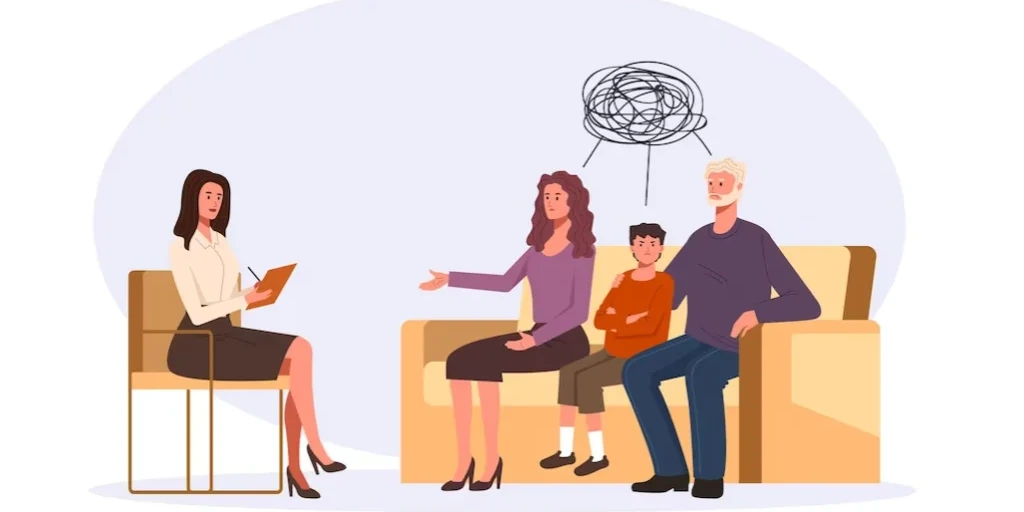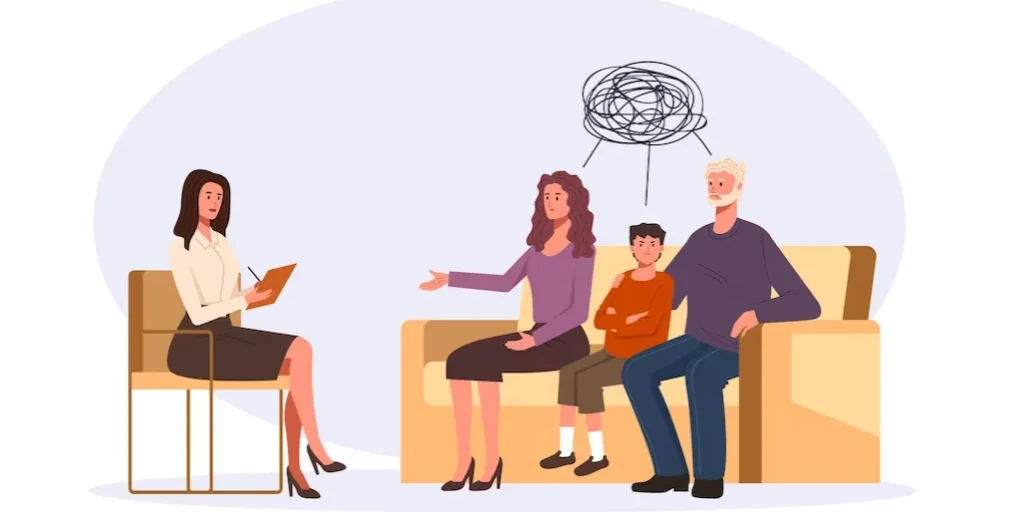24/7 Helpline:
(866) 899-221924/7 Helpline:
(866) 899-2219
Learn more about Eating Disorder Treatment centers in Scottsville
Eating Disorder Treatment in Other Cities

Other Insurance Options

Multiplan

Magellan

WellCare Health Plans

Highmark

WellPoint

BlueCross

Horizon Healthcare Service

Holman Group

Premera

AllWell

Group Health Incorporated

CareSource

Providence

American Behavioral

Health Net

Kaiser Permanente

Amerigroup

Health Partners

Private insurance

State Farm

Time Out Community Counseling and Correctional Services
Time Out Community Counseling and Correctional Services offers outpatient treatment for individuals ...

LifeSkills Service Center – Allen County
LifeSkills Service Center – Allen County is a private rehab located in Scottsville, Kentucky. LifeSk...

More to Life Counseling
More to Life Counseling offers faith-based and evidence-based counseling services for individuals, f...
































































